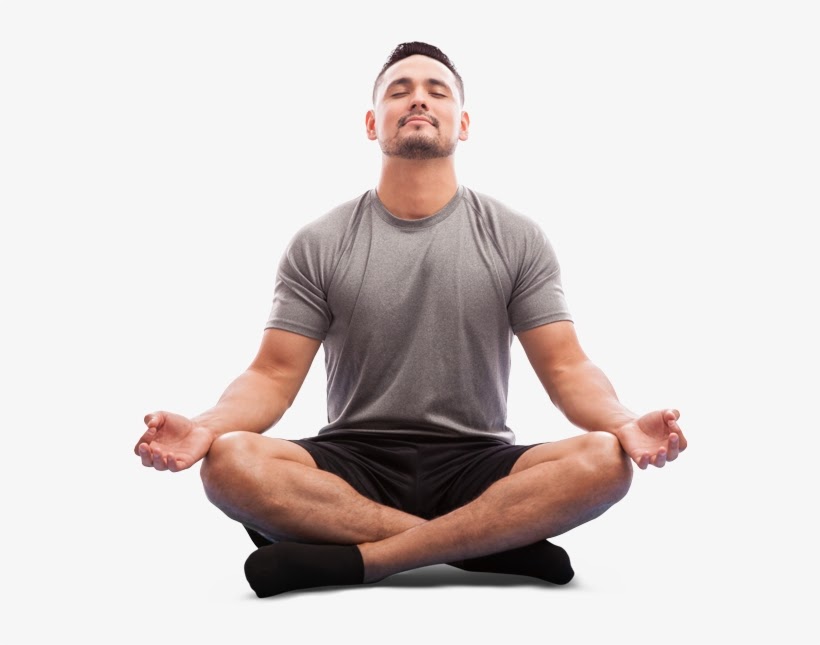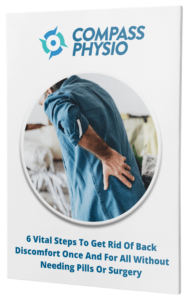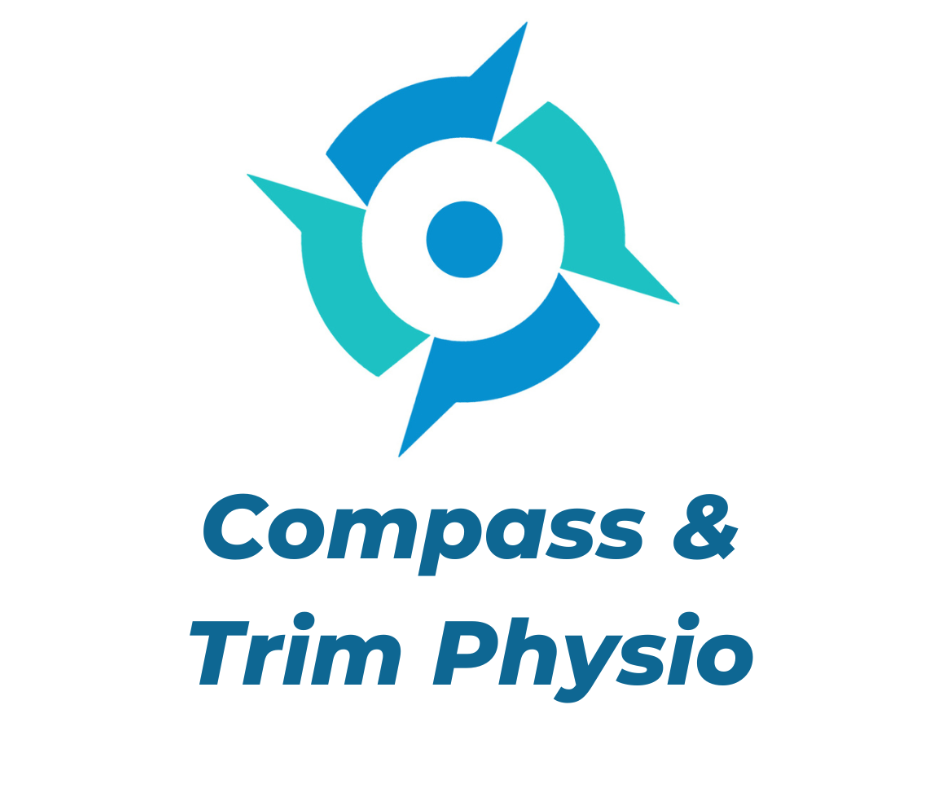Breathing & How It Can Improve Your Life
Patrick Mulligan |
Breathing and your nervous system
We have all suffered stress at some point in life
Some more so than others
You might have a deadline looming in work and you notice you are short of breath sitting at the desk
You might have been rushing somewhere to get to an appointment
This is your body’s natural reaction to being in ‘fight or flight’
When we are in a stressed state
Our breathing rate increases
Heart rate goes up
Cortisol is released and this can cause our muscles to stiffen up
This reaction was very helpful for our ancestors when we were being chased by a tiger
It’s also useful when we are in a gym lifting or playing sport
If it happens when we are sitting the body is in essence overreacting to the situation
So what is Rest and Digest?
Its the opposite to fight of flight
Its when we are nice and relaxed
The breathing rate is slow
We are able to take deep breaths
We can fill up the lungs and expand our ribcage
Its a lot easier to move when we are in a relaxed state
as the muscles and joints can go through their full range of motion.
It’s also easier to make decisions and have a quiet mind in this state.
Ideally, we want to spend most of our time in rest and digest.
It’s important for us to have the ability to go between our ‘rest and digest’ state and our ‘fight or flight’ state.
In our modern world we are exposed to alot of little stressors throughout the day
These situations keep us in ‘fight or flight’ much more than is necessary.
Being in a constant state of ‘fight or flight’ can contribute to feelings of
– Tension in your neck, upper back, shoulders, mid back and lower back.
Being aware of our breathing gives us a chance
– To control our nervous system and get back into our relaxed ‘rest and digest state’.
You will see Aoife and Emer use these cues especially during our Pilates classes
We also teach teach as part of your home exercises
Ways to help your Immune System:
Breathing and Pain
You may have heard about the need to strengthen your ‘core’ in order to help your lower back or neck pain.
Our rate and depth of breathing affects
– Our ribcage which has a huge influence on our lower back and neck in particular.
When we think of our ‘core’ muscles we generally think of our abdominals or six pack muscles.
These are only part of the core system.
The other muscles involved are our
– Obliques (muscles on the side)
– Your back extensors
– Your diaphragm and pelvic floor (these are the top and bottom of your core muscles if you imagine them like a cylinder.
In order for our ribcage to be able to move well, we need all of these core muscles to be able to go through a full range of motion.
This is where your breathing can make a difference.
We need to be able to do a long, slow exhale- this helps the ribcage to depress and allows the back muscles to relax.
When we are breathing very fast, we tend to use the muscles in our neck to help us to breathe
This can lead to them becoming overworked and tight.
This can result in that achey, tired feeling in your neck and across your upper back and shoulders
Ideally, these muscles should be nice and relaxed when you’re sitting at your desk.
One very unhelpful habit our body uses when we’re in pain
Is stiffening up and holding our breath, this also tightens up our muscles and stops us moving easily.
We try to encourage people to exhale through a movement so that our muscles can work efficiently throughout their full range of motion.
At Compass Physio, we show you techniques that you can use to be – Able to relax all of the muscles around your ribcage
– Improve your breathing mechanics and ultimately decreasing your pain
Unfortunately as we age our production of antibodies slows down making us more susceptible to infections and the flu etc.
However, recent studies have shown that partaking in moderate to vigorous exercise helps us to not only keep generating a high level of cells to fight off infections, it also reduces the risk of upper respiratory tract infections such as the common cold!

Simple Tips to Improve Your Breathing
Our main aim when working on our breathing is to be able to take a relaxed breath in and a slow, relaxed exhale. This is a powerful technique to help with pain.
Sit down and just sigh out
You should feel your shoulders relax and slouch down a little
Think about sticking your tongue to the roof of your mouth, just behind your teeth
Keep your teeth apart and mouth closed.
Take a nice, slow relaxed breath in through your nose
Think about slowing the air down as it comes through your nose.
Make sure you’re not shrugging your shoulders or tensing your neck as you breathe in through your nose, everything is staying relaxed.
Pause for about 4 seconds after you’ve taken your breath in.
Now we’re going to really slow down the exhale, out through your mouth like you’re letting out a quiet, slow, sigh.
The exhale should take about twice as long as the inhale.
As you exhale you should feel your abdominal muscles hug your ribcage in at the front.
Pause at the end of the exhale and then inhale nice and relaxed again.
Repeat for 5-8 breaths.
It might take some practice to get used to this type of relaxed breathing but try to persevere and do it little and often throughout the day.
Turn it into a new habit.
This can be especially useful when you are feeling pain as it will help your nervous system to calm down and your muscles will relax
Breathing and Sleep
Do you find yourself waking up in the morning feeling tired and stiff even though you’ve been asleep for 7-8 hours?
Being able to get quality sleep is one of the biggest factors in helping your body recover well from the activity you’ve done throughout your day.
If you’re tossing and turning and waking up alot during the night
Your body is going to get stressed and end up in ‘fight or flight’
Leading to short, shallow breathing and exacerbating any pain you might be feeling.
You can use the breathing technique from above as a technique to get back into ‘rest and digest’ as you’re going to sleep.
Just lie in your most comfortable position and focus on the quiet, relaxed inhale
Slowly exhale, this will help to relax your muscles and allow the body to get a quality rest.
Breathing also helps to calm your mind and help with feelings of anxiety that you may have. This is why breathing techniques are an integral part of mindfulness.
When we are in pain our levels of anxiety and stress can increase as we may fear that the pain is as a result of damage
`We are worried about what it’s stopping us from doing, by using our breathing in this situation, we can help the mind to relax.
At Compass Physio we treat the whole body in a holistic approach so we will help you to improve your sleep and calm any fears that you may have about your pain or injury

How Can Physiotherapy Help?
If you are finding it hard to complete regular exercises due to pain, fatigue or simply time schedules speak to us at Compass Physio.
Exercise is for everybody. At Compass physio we will complete a full physical assessment and will help identify any possible underlying causes that may limit your exercise regime.
Our chartered physiotherapists will help you to build strength and strategies which will help tackle any problem.
At Compass physio we will help you succeed and reach your goals.
To find out how Compass Physio can help, call 046 954 9456 (this number covers all clinics), click here to book online.
You can also email any questions to info@compassphysio.ie
Paddy Mulligan – MISCP Chartered Physiotherapist Compass Physio


